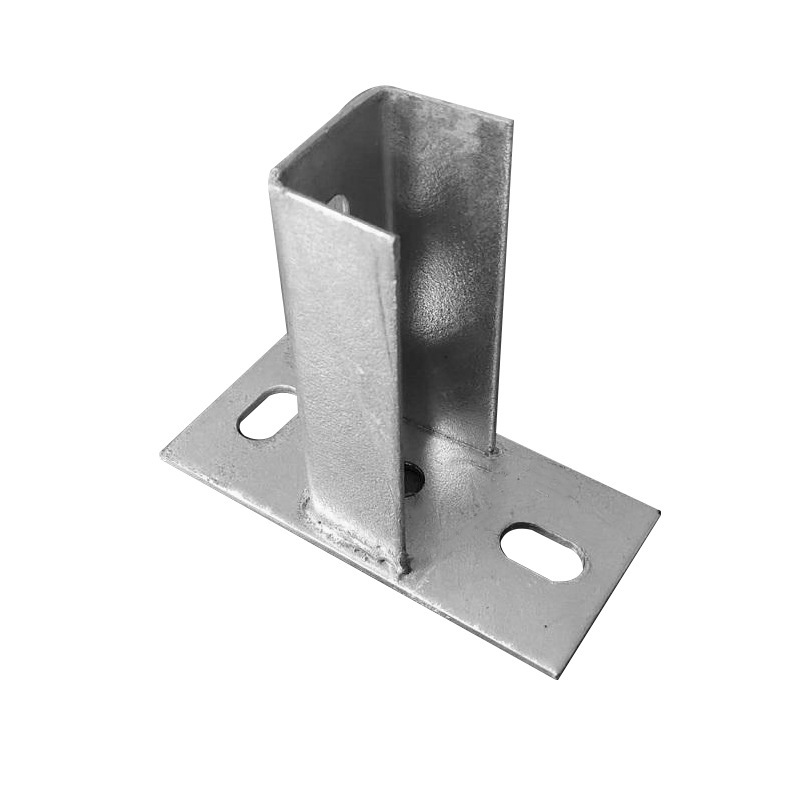

Understanding and Implementing DIN 127 Standards for Washer Design and Applications
ธ.ค. . 17, 2024 05:30 Back to list
Understanding and Implementing DIN 127 Standards for Washer Design and Applications
Understanding DIN 127 The Importance of Washers in Engineering
In the world of engineering and construction, small components often play crucial roles in the overall functionality and safety of machinery and structures. One such component is the washer, specifically those standardized under the German Industrial Norm (DIN) 127. This article will delve into the significance of DIN 127 washers, their applications, and why adhering to these standards is vital for engineers and manufacturers.
DIN 127 refers to a series of split lock washers made precisely to meet specific mechanical properties and dimensions. These washers are designed to prevent loosening due to vibration and other external forces, which is particularly crucial in applications where reliability is paramount. The main characteristic of DIN 127 washers is their unique design, featuring a split in the ring that creates a spring-like action. When the washer is placed under a bolt or nut, the split allows it to exert a greater amount of tension, effectively locking the assembly in place.
Applications of DIN 127 Washers
DIN 127 washers find use in various industries, including automotive, aerospace, manufacturing, and construction. In automotive applications, these washers are commonly used in engine assemblies, suspension systems, and other critical components where vibration is prevalent. For aerospace components, where safety and reliability are non-negotiable, DIN 127 washers contribute to ensuring that connections remain secure under extreme conditions.
In manufacturing, these washers are integral to machinery assembly lines where equipment is subject to constant motion and vibration. Their application extends into construction, where they help ensure that structural components, such as beams and columns, remain secure over time. The vibration-dampening properties of DIN 127 washers not only enhance safety but also prolong the lifespan of machinery and structures, reducing maintenance costs and downtime.
Benefits of Using DIN 127 Washers
din 127

One of the primary benefits of using DIN 127 washers is their ability to prevent loosening. Fasteners, such as bolts and nuts, are susceptible to loosening due to vibrations from machinery or environmental factors. When these fasteners loosen, they can lead to catastrophic failures in structures or systems, resulting in costly repairs, injury, or even loss of life. By incorporating DIN 127 washers, engineers can significantly reduce the risk of such failures.
Additionally, DIN 127 washers are manufactured to precise standards, ensuring consistency in quality and performance. This uniformity means that engineers can rely on the specifications of these washers, knowing that they will perform as intended in various applications. Moreover, using standardized components simplifies the manufacturing process, as designs can be optimized without the need for extensive testing on custom components.
Compliance and Quality Assurance
Adhering to DIN 127 standards is not merely a suggestion; it is often a requirement in many industries, particularly where safety regulations are stringent. Compliance with these standards assures that the washers used are tested and verified for durability and performance. This quality assurance is critical for engineers who must consider not only the immediate functionality of a component but also its long-term implications.
The adoption of DIN 127 washers aligns with broader trends in engineering towards standardization and safety. As industries become increasingly competitive, the emphasis on reliable and efficient components has never been more pronounced. Implementing standardized solutions reduces variability, enhances performance, and fosters innovation across engineering disciplines.
Conclusion
In conclusion, DIN 127 washers play a pivotal role in modern engineering and manufacturing. By preventing the loosening of fasteners, they enhance safety and reliability in critical applications. Their standardized nature guarantees quality and performance, making them an essential component in various industries. As engineers continue to strive for greater efficiency and safety, the importance of adhering to standards like DIN 127 will only increase, reinforcing the idea that even the smallest components can have a monumental impact on engineering success.
Latest news
-
Premium Fasteners Manufacturer | AI-Driven Solutions
NewsAug.01,2025
-
Hot Dip Galvanized Bolts - Hebei Longze | High Strength, Corrosion Resistance
NewsAug.01,2025
-
High-Strength Hot Dip Galvanized Bolts - LongZe | Corrosion Resistance, Custom Sizes
NewsAug.01,2025
-
Best Self Tapping Screws for Drywall - Fast & Secure Installation
NewsJul.31,2025
-
High-Strength Hot Dip Galvanized Bolts-Hebei Longze|Corrosion Resistance&Customization
NewsJul.31,2025
-
Hot Dip Galvanized Bolts-Hebei Longze Metal Products|Corrosion Resistance&High Strength
NewsJul.31,2025

